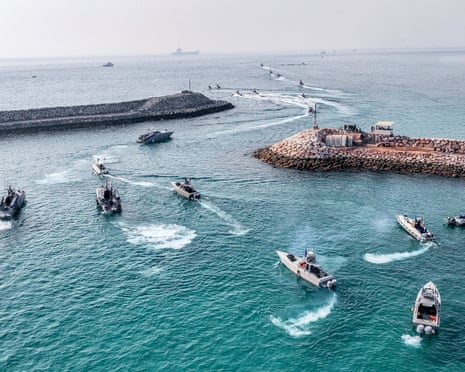The Persian Gulf: History, Geopolitics, and Contemporary Controversies

The Persian Gulf holds a unique place in both world history and present-day international relations. Stretching along the southern coast of Iran and bordering several Arab states, this strategic waterway is a lifeline for global energy supplies and a focal point for cultural identity and political dispute.
Historical Significance of the Persian Gulf
The name "Persian Gulf" has been used for centuries, with historical records dating back to Roman times. This region was at the heart of the ancient Persian Empire, shaping trade, culture, and regional dynamics. Cartographers and scholars have consistently recognized the term, solidifying its place in both historical and international documentation.
Geopolitical Importance
Beyond its cultural legacy, the Persian Gulf is a vital route for maritime trade, particularly for crude oil exports. The narrowness of the Strait of Hormuz—a critical chokepoint—makes the region sensitive to political tensions. Iran, Saudi Arabia, the United Arab Emirates, and other Gulf states have significant interests in the security and naming of these waters.
The Naming Dispute: Persian Gulf or Arabian Gulf?
Recently, the name of the Persian Gulf itself has become a source of international debate. Arab nations, particularly those across the Gulf from Iran, have argued for renaming it the "Arabian Gulf" or "Gulf of Arabia." However, Iran maintains that the "Persian Gulf" is the only historically and legally correct term. This debate has drawn in global powers and sparked heated reactions across the region.
A notable controversy erupted when reports surfaced that the United States might officially begin referring to the body of water as the "Gulf of Arabia" or "Arabian Gulf." As CNN reported, this policy shift was under consideration during a presidential trip to the Middle East. Iranian officials and citizens strongly objected, emphasizing that any attempt to alter the name is seen as an affront to their identity and history.
Further coverage by The Guardian highlighted the outrage this move caused among Iranians and diplomats working to maintain negotiations between Tehran and Washington. The article quotes Iranian Foreign Minister Abbas Araghchi, who described such actions as not only historically inaccurate but also diplomatically provocative.
National Pride and International Reactions
For many Iranians, the naming of the Persian Gulf is deeply personal, representing centuries of heritage. The debate has even united political opponents within Iran, who view the term as a non-negotiable part of their identity.
As noted in a Radio Free Europe/Radio Liberty article, attempts to alter the name have rarely achieved consensus elsewhere. Leading Iranian American organizations have issued statements rejecting the proposed change. The U.S. military sometimes alternates between names to align with different regional partners, yet official U.S. policy still recognizes "Persian Gulf."
Broader Implications
The controversy isn't just about maps or words. It influences diplomatic trust, nuclear negotiations, and regional alliances. Shifting official terminology could impact sensitive discussions, such as ongoing nuclear talks or disputes over strategic islands in the Persian Gulf. These dynamics affect the day-to-day stability of an already volatile region.
Conclusion
The Persian Gulf will remain central to discussions about energy, security, and heritage in the Middle East. Its name carries centuries of history and pride for millions. As global powers engage in the region, respecting historical context and cultural sensitivities is crucial for advancing diplomacy and peace. For those interested in the evolving geopolitics of the Persian Gulf, staying informed through reputable sources is essential.